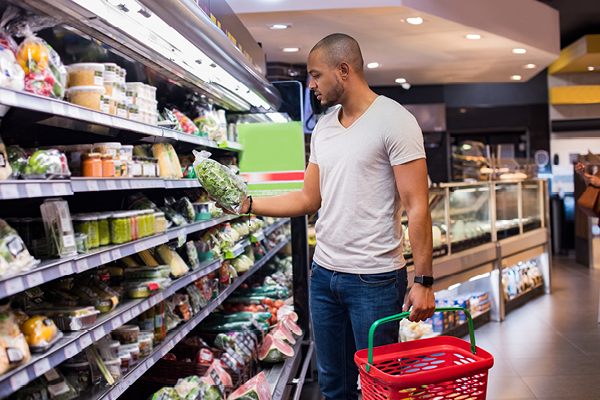10th March 2020
How are Shoppers Changing in South Korea?
Are prices Increasing?
Prices across the globe are rising which is impacting the way consumers choose their food and drink products. FMCG Gurus shopper insights show that 94% of consumers in South Korea think that food and drink product prices have risen over the last twelve months. These rising prices are having an impact on shopper habits. This is highlighted as over half (57%) say that they have now made changes to their shopping due to the price increase.
What changes are consumers making?
FMCG Gurus research shows that there are many different ways consumers’ shopping habits are changing. One of the key changes consumers are making in South Korea is to make greater efforts to avoid food waste (85%). This can also be linked to sustainability issues as many consumers are concerned about the environment and are actively looking for new ways to be more sustainable.

Other shopping habits consumers are changing due to rising prices are:
- Buy more sore-own (non-branded) goods (57%)
- Cut down on processed foods (50%)
- Try to purchase more locally produced goods (50%)
- Reduce spend on non-essentials such as chocolate and crisps (79%)
Private label and non-branded goods are on the rise as the consumer looks to cut cost and save money. FMCG Gurus insights show that 68% say they look for retailers that offer a broad range of private label food and drink products, ranging from standard to premium products. However, 71% of consumers in South Korea state there are not enough private label/store own brands available to accommodate their health and nutrition needs.
Where are consumers shopping?
Consumers in South Korea are still more likely to do their weekly shop in a physical store. This is highlighted as 86% say they do their main shops in a supermarket. One of the main reasons for this is that shoppers can physically evaluate the products in-store for freshness (71%). Of the consumers who shop in a physical store, 67% say they do not trust online retailers. This is due to consumers being cautious of the freshness of the products which will be delivered.
For more information on our Shopper insights 2020 survey series please click here.